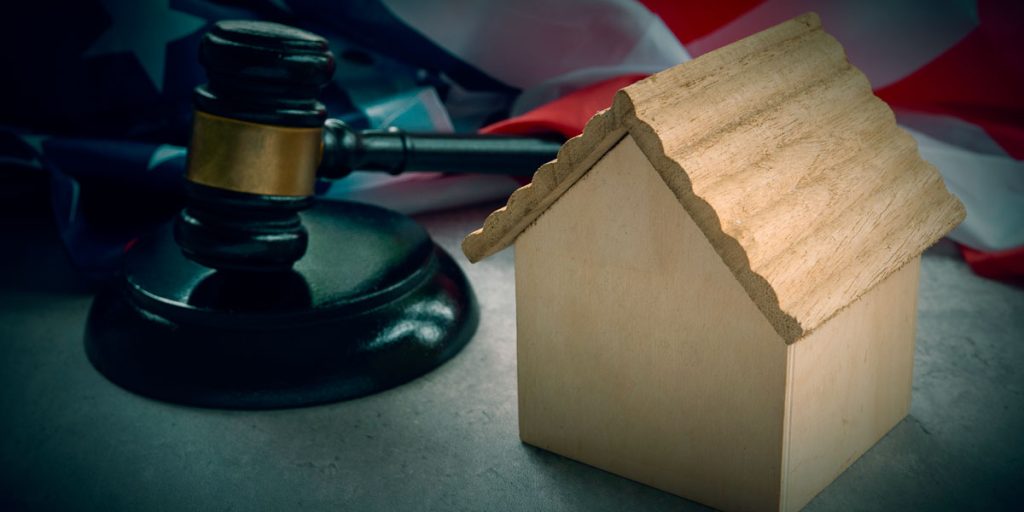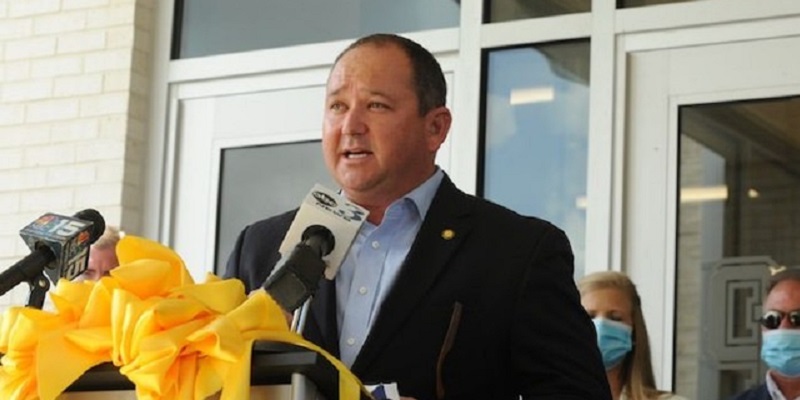West Coast cities have passed “Hero Pay” ordinances increasing grocery store workers’ pay by up to $5 per hour. Numerous stores have closed in response, putting the heroes out of a job. Such poor economic policies produce avoidable harm.
Cities passing “Hero Pay” ordinances include Los Angeles, San Francisco, Oakland and Seattle. The laws apply (in most cases) to large chain-owned stores and have mandated $4 or $5 per hour temporary pay increases (frequently for 120 days) due to workers’ exposure to COVID-19. Proponents point to grocery chains’ profits during the pandemic as evidence that they can afford the extra pay.
Kroger is one chain which has closed stores after Hero Pay ordinances. The California Grocers’ Association, which is challenging the laws in court, claims that the pay hikes will increase labor costs by 20% and overall costs by 5%.
While many Americans have worked from home during the pandemic, millions in retail, agriculture, transportation, and health care have had to work in person. Their willingness to work in the face of uncertain risk is courageous and has kept us fed and the lights on. We did not initially know exactly lethality of COVID-19, its risk profile, or whether precautions like distancing and plexiglass would work.
Do grocery workers deserve extra pay for their exposure to COVID-19? Quite likely. And the labor market has already addressed this.
Employment is entirely voluntary. No business can make anyone work for them. Businesses must pay enough to recruit and retain workers willing to
stock shelves and operate cash registers. When comparing jobs, people will consider job characteristics in addition to pay. Inherently interesting jobs require less pay, while physically demanding, boring, or dangerous jobs require more pay.
The pandemic made on-site jobs less attractive. Grocery workers must interact with both coworkers and customers, increasing their risk. Many workers would demand extra compensation to risk exposure. Businesses will not want to lose experienced and reliable workers, so companies like Amazon, Walmart, Target and Safeway increased pay last spring.
What is wrong with the ordinances if companies were already offering some Hero Pay? Workers earn their pay by helping businesses produce goods and services and competition for workers results in pay based on productivity. Grocery stores have very thin profit margins, and an extra $5 per hour could turn profit into loss, leading to store closures or reduce hours.
How many city council members have managed grocery stores? Should we take then their assurances that stores can afford the extra pay seriously? Will these generous politicians reach into their own pockets to pay grocery workers who might lose their jobs? We do not honor heroes by possibly pushing them into unemployment.
Leaving aside job losses, Hero Pay will hurt many of these politicians’ other constituents. When Kroger and Safeway close stores, Californians unable to afford delivery must drive farther to shop and likely pay higher prices for groceries.
Political observers contend that city councils are courting favor with grocery unions here. Perhaps, but there may be more involved. Government policies during COVID-19 have had sharply divergent class impacts. Many high-income earners shifted to remote working and locked themselves safely in their homes to await a vaccine, relying on others to deliver groceries and keep the internet working.
Government policy has arguably imposed the “Zoom Privilege” class’s response on everyone. I suspect Hero Pay laws reflect guilt over the burden of lockdown policies on those who must work in person. San Francisco’s Hero Pay ordinance specifically mentions a need extra pay for childcare with schools closed for in-person instruction.
The workers who showed up for work during the pandemic exhibited bravery and deserve our recognition. But Californians might prefer if their politicians had merely designated a week to honor grocery workers.
Daniel Sutter is the Charles G. Koch Professor of Economics with the Manuel H. Johnson Center for Political Economy at Troy University and host of Econversations on TrojanVision. The opinions expressed in this column are the author’s and do not necessarily reflect the views of Troy University.













